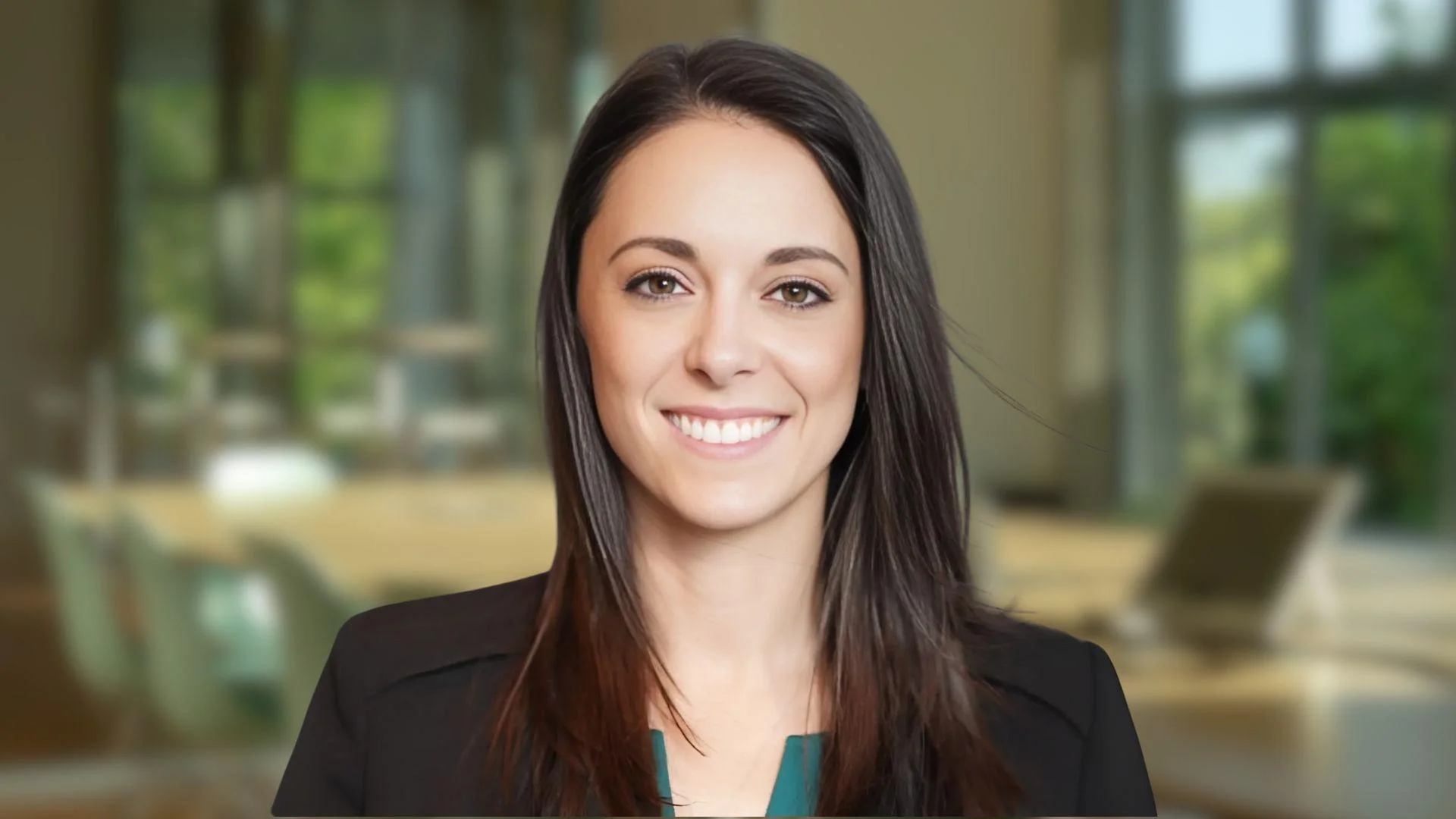
Eliza Orlins, a staff attorney at the Legal Aid Society, has criticized hospitals for allegedly exploiting the 340B Drug Pricing Program. She said on X that these institutions profit from discounted drugs rather than supporting vulnerable communities.
"Hospitals are exploiting the 340B program—buying discounted drugs, then charging patients full price," said Orlins. "Vulnerable communities are left behind while CEOs profit."
The federal 340B Drug Pricing Program, established in 1992, enables safety-net hospitals and clinics to purchase outpatient drugs at reduced prices to extend resources for vulnerable patients. According to the Commonwealth Fund, participation in this program has grown rapidly, particularly through contract pharmacies. This expansion has led to debates over transparency and whether hospitals reinvest savings for patient care, alongside ongoing state-federal legal disputes. Critics claim some hospitals profit without enhancing patient access, while reformers advocate for stricter reporting requirements.
A report by the North Carolina State Treasurer in 2024 highlighted that 340B hospitals generated substantial profits by billing the State Health Plan at rates significantly higher than their acquisition costs. The report found that hospitals billed an average of 5.4 times their discounted drug costs, with oncology claims sometimes yielding profits exceeding $6,000 per prescription. These markups were notably higher than those charged by non-340B hospitals.
Research indicates that although the 340B program was intended to support underserved communities, many hospitals have expanded into wealthier areas, raising concerns about potential misuse. A peer-reviewed study published in 2025 revealed that 340B "child sites" often cluster outside the most vulnerable neighborhoods, potentially exacerbating disparities in access to affordable medications. The authors of the study call for increased transparency to ensure savings benefit the intended populations.
Orlins is a public defender with The Legal Aid Society in Manhattan and has represented over 3,000 indigent clients in criminal cases. She also trains new attorneys in trial practice and advocates for criminal justice reform. In 2021, she ran for Manhattan District Attorney on a platform focused on equity and systemic change.
The Legal Aid Society, founded in 1876, is New York City's oldest and largest nonprofit legal services provider. It offers free representation in civil, criminal, and juvenile cases across all five boroughs with a mission to advance justice for low-income New Yorkers through direct client services combined with advocacy and systemic reform.